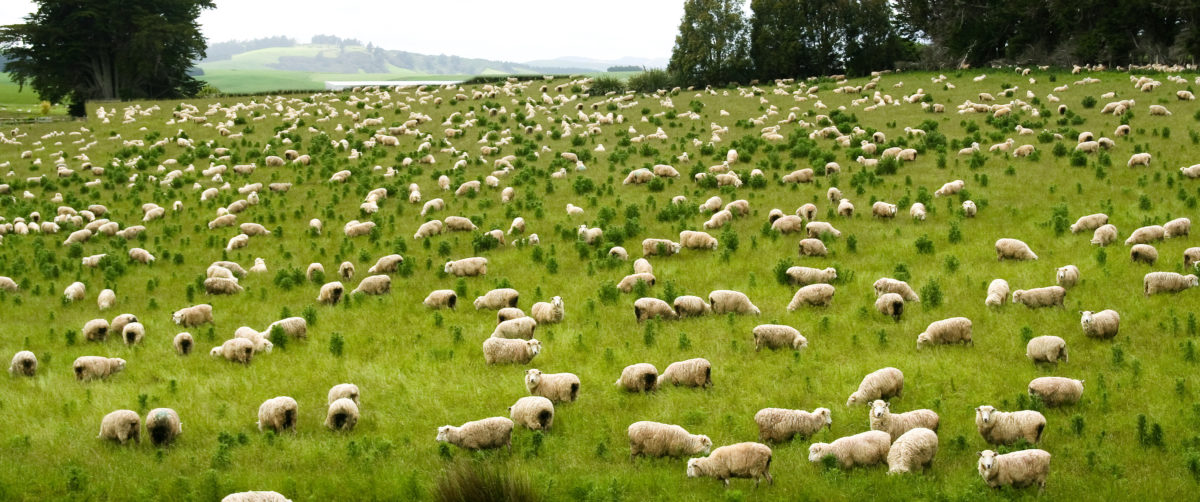The New Zealand Institute of Agricultural and Horticultural Science – concerned about the dearth of sound science underpinning the hype surrounding regenerative agriculture – has welcomed the Ministry for Primary Industries’ recent call for proposals for projects that will investigate regenerative farming practices.
Funding for successful proposals has been made available through the Ministry’s Sustainable Food & Fibre Futures co-investment fund, which aims to have projects under way by mid-2021.
“It can’t happen soon enough,” says Professor Jon Hickford, president of the NZIAHS.
“For some time we have been disquieted by the ballyhoo in support of regenerative agriculture in the absence of scientific studies into the implications of applying these practices to farm practices in this country.
“A sound evidence base is needed to test and confirm what works in New Zealand soils, climates, and farming systems.”
At the time the ministry announced its funding initiative early this month, the NZIAHS was assembling and editing a series of articles from prominent scientists which address critical questions about the benefits of regenerative agriculture.
The articles, published in the December 2020 issue of the institute’s on-line AgScience magazine, bring together the thinking of scientists from different disciplines to consolidate the information.
From soils through pasture, weeds and seeds, to greenhouse gases, systems and well-being, the articles create a science-based foundation and a compelling story that, for New Zealand, show regenerative agriculture is more hype than reality.
The articles were prompted by the increasing advocacy of regenerative agriculture and support for it from the farming community, politicians and media. It is a cornerstone of the Green Party’s agriculture policy and taxpayer money has already been directed towards it and its advocates.
But Professor Hickford asks: what is regenerative agriculture and what benefits can it bring to this country’s distinctive farming practices?
The AgScience articles recognise that New Zealand’s pastoral production system – the most efficient in the world – is built on a long history of agricultural science which is constantly being refined.
“But the maelstrom surrounding regenerative agriculture has shaken the foundation of this production system and prompted agricultural scientists with an understanding of the New Zealand system to try to sort out the claims,” Professor Hickford says.
He cites one appealing statement – “The cycle of life creates its own fertiliser” – but dismisses it as biological, chemical and physical nonsense.
“It is easy to state you have undertaken decades of scientific and applied research, but where is that research published, how accessible is it to the public (scientifically literate or not) and has it been peer reviewed?
“The world is awash with attractive ideas but we need to see the hard evidence that regenerative agriculture will capture carbon in soil, reverse the atmospheric accumulation of CO2, increase yields and provide resilience to climate instability (just some of the many positive attributes claimed).
“And even it does demonstrably do these things in overseas countries, will it do the same in New Zealand? Our production systems and climate are different in many critical respects.”
Source: NZIAHS












